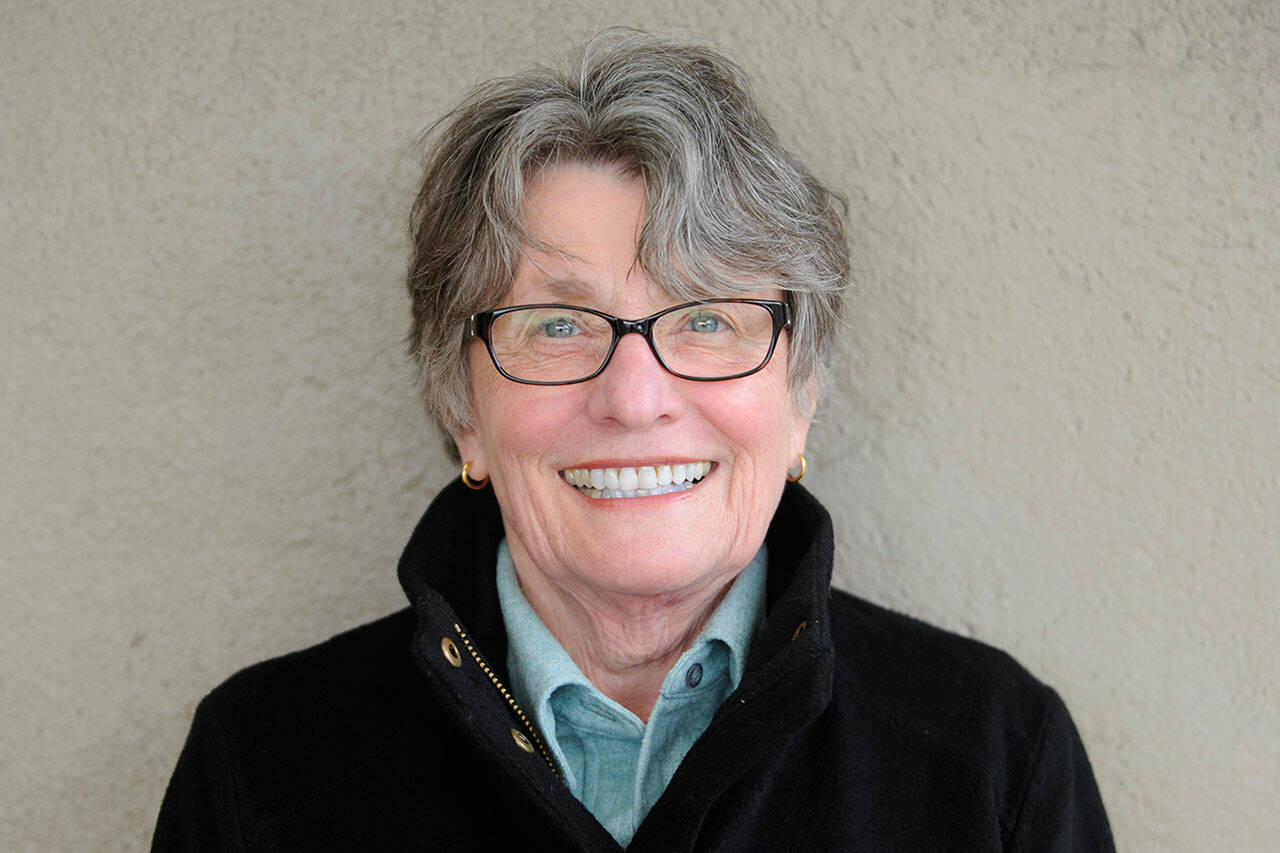Some of you may recall the recent column I wrote about the health care industry-wide labor shortage causing backlogs in moving patients into the right place for the right care by the right person resulting in long anxious waits in the OMC emergency room.
That labor shortage is impacting all OMC services — acute care, outpatient clinics, rehab, home health and support services. Shortages are being filled by temporary workers called travelers filling provider and nurse vacancies until permanent employees can be recruited. Travelers are deployed through agencies and are an expensive short-term fix.
At recent community roundtables — one in Port Angeles and one in Sequim to which I was invited — called together by OMC’s CEO Darryl Wolfe, Wolfe explained that labor costs for OMC had reached 72 percent of revenue from a usual 62 percent.
OMC is on track to lose substantially more than 2022’s operating loss of $16.1 million unless something is done to reduce costs. OMC lost nearly half that in the first three months of 2023, and now OMC representatives indicate that number is closer to $12 million through May.
‘Stay open at all costs’
OMC’s dilemma is not unlike every other hospital system — metro and rural or for that matter any industry in post-pandemic America. Help-wanted ads, placards, pleas and sign-on bonuses are out for about every business.
The pandemic took a toll on life as we know it and it is beginning to look like it can never return, although it must in vital services like health care, schools and law enforcement. So, the work begins.
Wolfe introduced two phases for improving the service and financial picture of OMC which he expects to positively change the financial direction of OMC over the course of a year.
Wolfe points out pandemic practices are impacting OMC today. He says OMC did everything it could to stay open and was helped by an infusion of federal money.
Productivity standards were impossible to maintain, and different patterns of work evolved to keep the doors open.
Patterns of work are being assessed and steps are OMC is taking steps to reduce unnecessary overtime work. A hiring freeze has been placed on non-essential open positions. Recruitment efforts will continue. He noted that OMC was able to recruit a few travelers.
Phase one includes a revised three-year financial plan which involves suspending some capital projects and loan restructuring.
Wolfe says it is not in OMC’s plan to layoff staff or terminate services. He does say that phase two may result in disruptions felt by the community.
OMC is initiating an assessment of redundancies — duplication of services provided in more than one service location that are not fully utilized in either location.
Readers will recall the same thinking applied to Sequim School District in its recent decision to reconfigure the location of elementary grades.
The example Wolfe gave was if outpatient rehab services showed under-utilization in either or both Sequim and Port Angeles, the hours and days of services would be balanced accordingly. In other words, Sequim folks could travel to PA for service currently available in Sequim or wait longer for local appointments.
Now, we are beginning to get the point of community round tables and the promise of future community meetings. We will feel the changes.
‘I want to have an honest conversation …’
Wolfe and Board Members present at the roundtable expressed the desire to be transparent, to be open and honest with community about OMC and its current challenges.
Their message is they are up to the challenge and are going to do what is necessary to right size resources with services without laying off staff or closing services.
We, the consumers of OMC, need to understand the latter is phase three if phases one and two do not work. I am certain Wolfe and the board do not want to go there unless it is the only option, the last resort.
The other avenue to manage the financial challenges which was briefly discussed was to improve the revenue that comes into OMC. The vast majority is Medicare and Medicaid.
Private insurance which reimburses at a better rate is decreasing to a level that cannot make up for government shortfalls.
Legislative lobbying is a never-ending job for health care administrators. Rural health care is vulnerable. Wolfe predicts that some smaller systems will close without better answers from Washington DC. It is a good reason for us to better understand the challenges.
We heard at the meeting that OMC is planning community meetings to keep the public informed. I encourage them to hold the meetings on Zoom or its ilk as well as in person so as many interested people can attend as possible. It is our opportunity to learn, have questions answered and have a voice.
As the meeting drew to a close, Wolfe took a moment to recognize the employees of OMC, their hard work during the pandemic and now. Employee forums will be held in the coming weeks as well. He asked us to thank them every chance we get.
That is not a hard ask; most of us have been helped if not saved by an OMC employee. After all, they are here, and we want them to stay.
Bertha Cooper, an award-winning featured columnist with the Sequim Gazette, spent her career years in health care administration, program development and consultation and it the author of the award-winning “Women, We’re Only Old Once.” Cooper and her husband have lived in Sequim more than 20 years. Reach her at columnists@sequimgazette.com.


